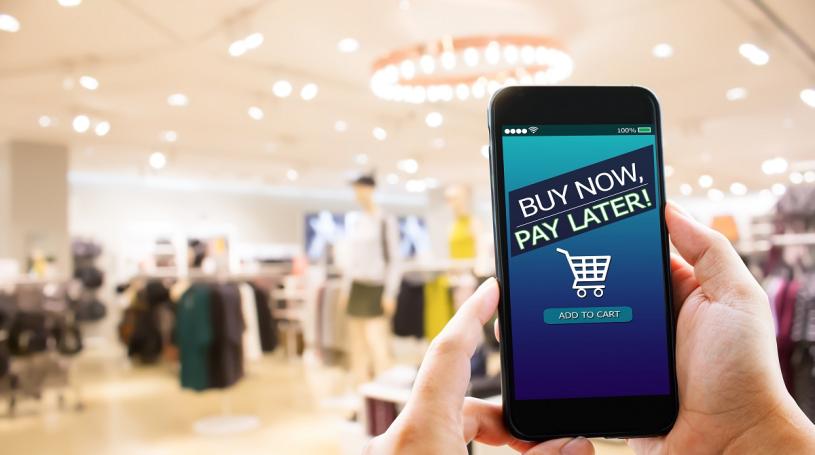Buy Now, Pay Later is now regulated in the UK. What does the future hold for the payment method?
August 08, 2022
Buy Now, Pay Later is a rapidly growing trend in a number of market sectors, including retail, entertainment and travel. During the COVID-19 pandemic, use of the payment scheme increased fourfold in the UK, to the tune of £2.7 billion in transactions.
In this article, I'll give a brief overview of how BNPL works and the industries where it’s most prevalent, before discussing the recent regulatory changes that have been enacted and what they mean for the future of this popular payment method.What is Buy Now, Pay Later?Today, Buy Now, Pay Later is offered at the checkouts of a wide range of online retailers. Instead of paying outright for a product or service, customers choosing BNPL elect to spread their purchase over a series of interest-free instalments. The payment method is effectively a point-of-sale loan, with a soft credit check carried out during the checkout process.
Once a payment plan has been set up, merchants receive the total sale price up front, with the payment scheme provider collecting the instalments and receiving a cut for the transaction.In Which Industries is BNPL Most Popular? Since COVID-19 forced many shoppers online, Buy Now, Pay Later has seen a surge in popularity across virtually every market segment. According to pymnts.com, the following categories derived the highest percentage of their sales from the payment method at the close of 2020:
- Clothing 63.5%
- Entertainment 30.3%
- Reading material 29.4%
- Household furnishing 28.7%
- Groceries 25%
- Food delivery services 21.8%
- Cleaning supplies 21.2%
- Automobile 19.9%
- Consumer electronics 17.5%
- Travel 17.4%
- Companies will need to consider how they handle pre-sales and customer engagement.
- Customer payment flows need to be smooth, making it easy to set up payment plans.
- Post-sales experiences must also be considered, nurturing customers and building trust.
- Most importantly, companies must carry out comprehensive checks to ensure consumers can keep up with repayments.

